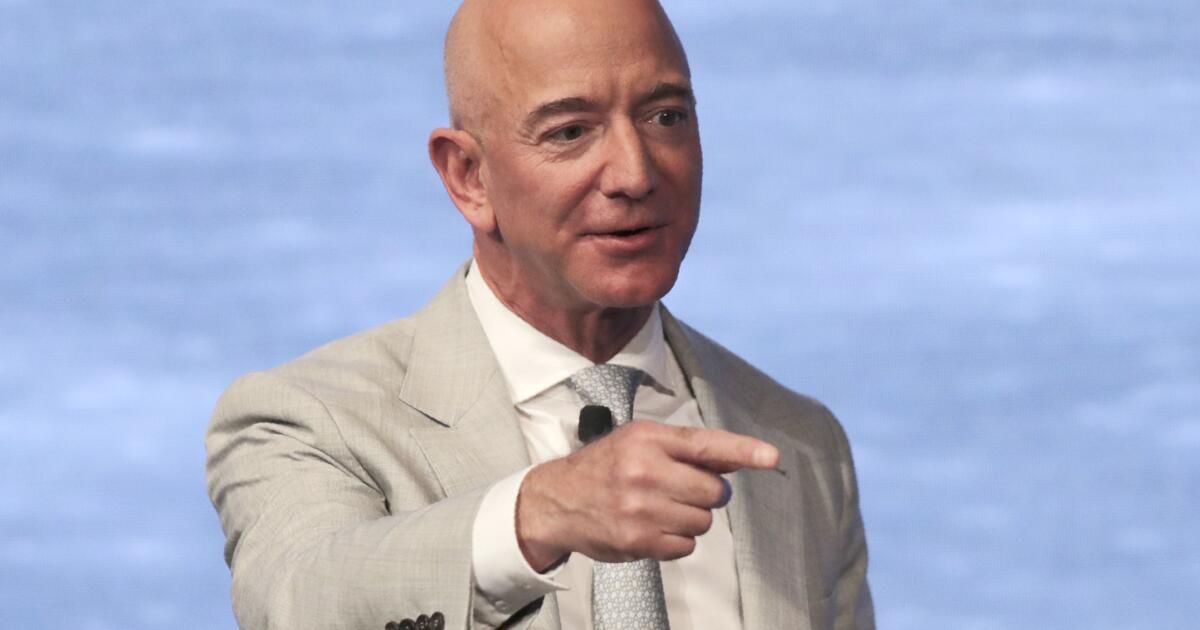To the editor: I would like to congratulate The Times for publishing the ultimate nightmarish communist solution to wealth inequality. Republicans should be able to raise money from philosopher Ingrid Robeyns' call for a $20 million wealth limit for at least two generations.
Indeed, wealth inequality is a problem, but Robeyns is undermining practical solutions that could be adopted immediately. She so perfectly manifests the conservative caricature of an arrogant, elitist, condescending, anti-freedom, out-of-touch, ivory tower academic, that many will dismiss the entire issue out of hand.
Robeyns' top wealth figure of $20 million is absurdly arbitrary and steeped in his own personal biases about what a person needs to live a “very good life.” All anyone really needs is a daily ration of 2,000 calories and water to stay alive. Anything beyond that is possibly a luxury.
Finally, portraying the ultra-rich as destroyers of democracy whose personal wealth should be confiscated will only provoke additional political acts of self-preservation.
We should focus on passing laws that mitigate the impact their wealth has on the democratic process, addressing imbalanced taxation, and creating a system that encourages the ultra-rich to use their wealth in prosocial and altruistic ways.
Greg Seyranian, Redondo Beach
..
To the editor: My friends and I have long discussed the benefits to society that would come from capping household wealth, so I read Robeyns' article with interest.
Of course, it would not be easy either politically or practically to transform wealth into wages and taxes, but let's indulge in some thought experiments.
In fiscal year 2023, the US government spent about $6.13 trillion. The total wealth of the 400 richest Americans, according to Forbes, was $4.5 trillion. Thus, 400 homes are collectively worth more than two-thirds of what the government spends in a year. How much would it hurt those 400 to contribute more to the needs of 340 million Americans?
Another mind game: Amazon founder Jeff Bezos' wealth increased by nearly $6 billion a month last year. The average Amazon warehouse worker earns around $3,000 a month.
If Bezos personally gave each of Amazon's 1.5 million employees a $500 monthly raise, it would cost him $750 million a month, and the average warehouse worker would raise as much as $3,500 a month.
Which of the two do you think would notice the change more?
Grace Bertalot, Anaheim
..
To the editor: Placing a limit on wealth would be the greatest impediment to creativity, entrepreneurship and innovation in history.
To say that the rich are simply lucky and can't take credit for their situation is totally dishonest. Companies like Apple and Hewlett-Packard were born in garages and are now world leaders.
Those successes wouldn't happen in Robeyns' world. The United States would be a large country that is stagnant and dependent on the government for innovation.
During feudalism, people were born into their position and stayed there. At least now you have a choice.
Bill Toth, Studio City












